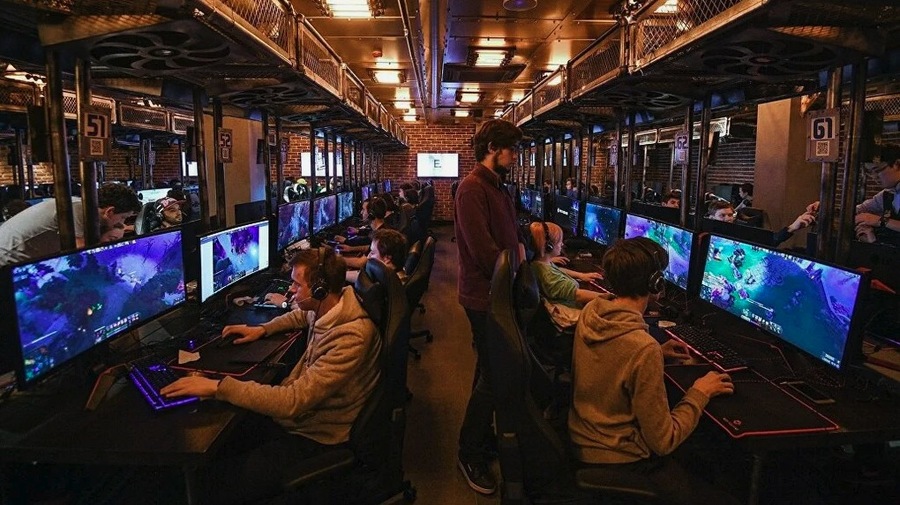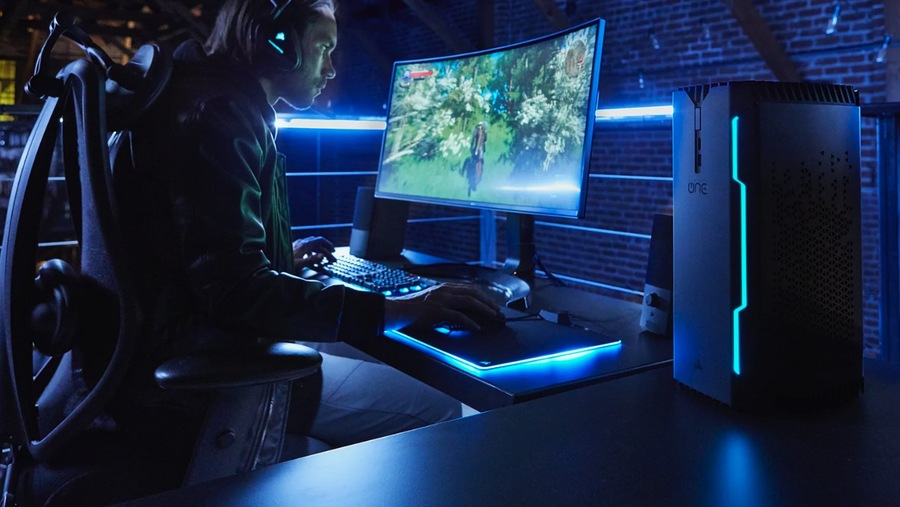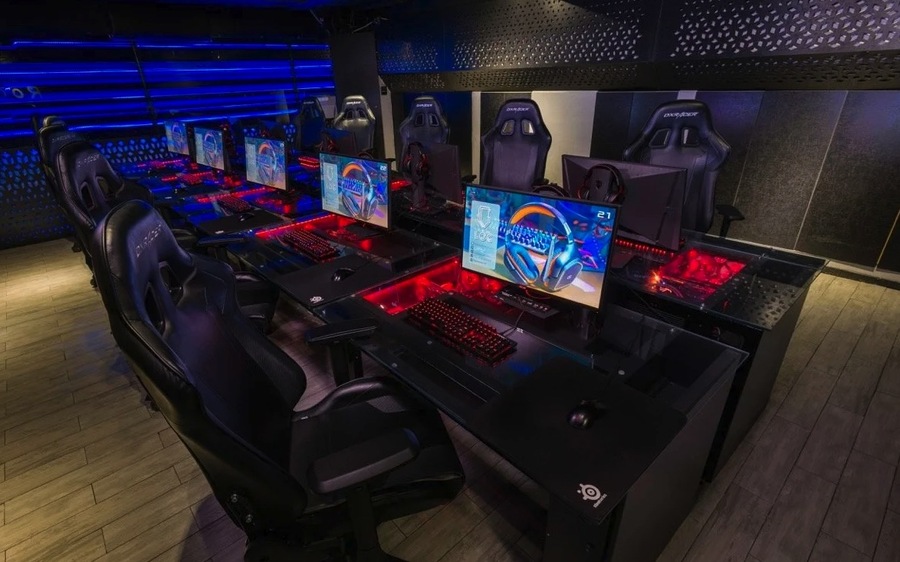Computer gaming clubs have evolved significantly since their inception. These clubs serve as social hubs where gaming enthusiasts can connect, compete, and collaborate. Understanding the historical development of gaming clubs highlights their role in shaping the gaming industry and culture. This article explores the origins, growth, and key milestones of gaming clubs globally, with a special focus on Dubai’s vibrant gaming scene.
Early Beginnings of Computer Gaming Clubs
The roots of computer gaming clubs trace back to the 1980s and 1990s, coinciding with the rise of personal computers. Early gaming communities often formed in universities and colleges, where students gathered to share their passion for gaming. These informal gatherings laid the groundwork for more structured gaming clubs.
Technological advancements, such as the introduction of local area networks (LAN), enabled multiplayer gaming, fostering the creation of LAN parties. These events allowed gamers to connect their computers and play together, further solidifying the sense of community within these early gaming clubs.
Growth and Popularity in the 2000s
The 2000s marked a significant expansion for gaming clubs, driven by the widespread availability of high-speed internet. This period saw the emergence of online gaming communities, which, while virtual, spurred the growth of physical gaming clubs by increasing interest in multiplayer gaming.
Major gaming titles like Counter-Strike and World of Warcraft played a pivotal role in this growth. These games not only popularized competitive gaming but also drove the demand for spaces where gamers could gather to play and improve their skills. Gaming clubs provided the ideal environment for these activities, offering high-performance equipment and a community of like-minded individuals.

Key Milestones in the Evolution of Gaming Clubs
Several key milestones have shaped the evolution of gaming clubs. The first major gaming tournaments in the early 2000s brought competitive gaming into the mainstream, highlighting the need for organized gaming spaces. These tournaments demonstrated the potential for gaming as a spectator sport, leading to the establishment of professional esports teams closely associated with gaming clubs.
The introduction of esports leagues further transformed gaming clubs, making them hubs of competitive activity. Clubs began to focus on training and developing esports talent, attracting sponsorships and partnerships that boosted their visibility and resources.
The Rise of Gaming Clubs in Dubai
Dubai’s gaming culture has seen rapid growth, supported by government initiatives and investments in technology. The city’s strategic vision includes fostering innovation and digital entertainment, making it an ideal environment for the development of gaming clubs.
Early adopters of gaming culture in Dubai capitalized on these initiatives, establishing clubs that offered state-of-the-art gaming facilities. The local government’s efforts to promote tech entrepreneurship and digital literacy further bolstered the growth of gaming clubs, attracting both local gamers and international visitors.
Gaming Club Evolution in Dubai
Dubai has hosted several major gaming events and tournaments, which have significantly influenced the local gaming club scene. Events like the Dubai World Game Expo and regional esports tournaments have brought international attention to Dubai’s gaming culture, driving membership and activity in local clubs.
The development of advanced gaming facilities and cafes has been another key milestone. Venues equipped with high-end gaming PCs, virtual reality setups, and comfortable environments have set a new standard for gaming clubs in the region. International partnerships and collaborations have also played a crucial role, bringing global expertise and resources to Dubai’s gaming clubs.

Current Trends and Future Directions
Recent trends in the gaming club industry include the integration of virtual reality and mobile gaming. These technologies are expanding the scope of gaming clubs, attracting new demographics and offering diverse gaming experiences.
Looking ahead, the future development of gaming clubs globally and in Dubai appears promising. Continued investments in technology and infrastructure, coupled with growing interest in esports, are likely to drive further growth. However, challenges such as regulatory issues and maintaining high standards of service will need to be addressed.
Conclusion
The historical evolution of computer gaming clubs underscores their significant impact on the gaming industry and culture. From their early beginnings in universities to their current status as professional esports hubs, gaming clubs have played a crucial role in fostering community, competition, and innovation. In Dubai, the rise of gaming clubs like cyber corner reflects the city’s commitment to becoming a leader in digital entertainment. As the industry continues to evolve, gaming clubs will remain central to the gaming experience, offering spaces for gamers to connect, compete, and thrive.



